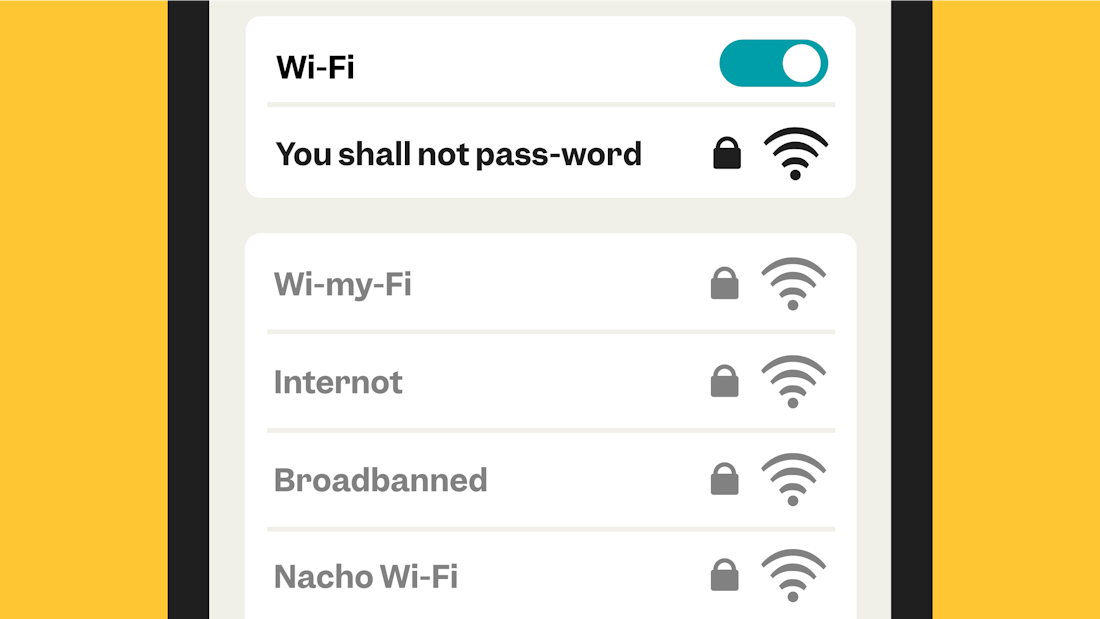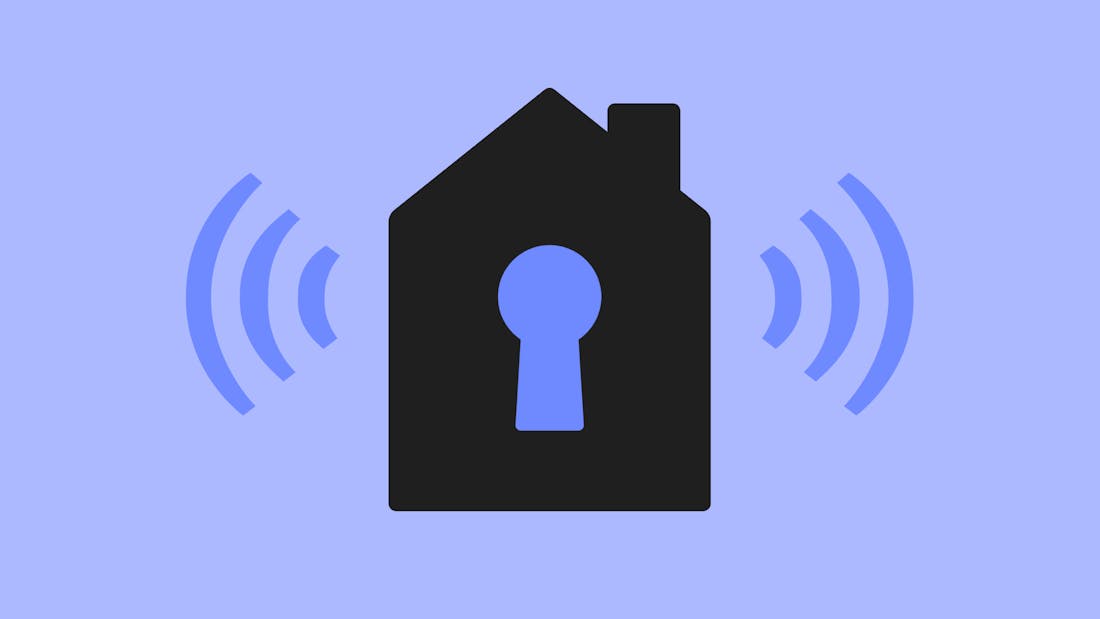
- ArticlesProductHow stuff works
How to protect your Wi-Fi from unwanted guests
Ever noticed that websites are loading more slowly? Or movies keep buffering? It could be that you have an unwanted ‘guest’ on your network.


Josh G | Social Media & Content Lead
The internet’s all fun and games… until suddenly it isn’t. We’re helping you get to grips with the latest scams, so you won’t get caught out.
'Safer Internet Day’ on February 11 helps to raise awareness for important things, like security and privacy. This year’s focus is ‘too good to be true’, and how to spot scams (even sophisticated ones). Let’s take a look at a few of them, and how to protect yourself if you’re targeted.
Package for you… or is it? Scammers can send fake delivery notifications by text or email to try and trick people into clicking on a link. They can be pretty convincing, even if you’re not expecting a delivery (because honestly, who can keep up?).
Protection tip: Never click on unsolicited delivery links. Instead, check directly with the delivery company through their official website.
Tax… we don’t love it at the best of times. But did you know sneaky scammers can pose as HMRC? They’ll often pretend to offer tax refunds (as if) or even demand immediate payment to scare victims into doing what they ask.
Protection tip: Be wary of messages claiming to be from HMRC, especially if they ask for sensitive information or urgent payments.
Crafty cybercriminals can set up fake shopping websites (or even use real ones) to steal financial info from shoppers who think they’ve bagged a bargain.
Protection tip: Look out for signs that a website might not be legit. Only shop at sites with ‘https’ in the URL and a padlock symbol in the browser bar.
Fraudsters can impersonate family members via messaging apps like WhatsApp, pretending to be in trouble and asking for money.
Protection tip: If a family member or friend makes a weird request on WhatsApp, always call them (outside of WhatsApp) to make sure it’s really them. Have a look at our WhatsApp blog for even more tips.
The promise of ‘get rich quick!!!’ can be super hard to refuse. Investment scams promise high returns on things like cryptocurrencies or stocks – but in reality, the scammers will take your money and leave you with nothing.
Protection tip: Do your research on any investment – and speak with licensed financial advisors – before you part with your money.
Yep, even our heating bills going up give scammers leverage to swindle you. These often look like fake deals on energy pre-payment meters or calling with fake energy-saving schemes.
Protection tip: Use your energy provider’s official website to check if deals and offers are real.
Glastonbury, anyone? Fraudsters try to sell fake tickets for popular events, leaving victims out of pocket – and left-out of the latest gigs, shows and festivals. Protection tip: Only buy tickets from legit sellers or official event websites.
Listen carefully... criminals have started using voice-cloning technology to impersonate people you might know. They then ask for money, making these scams super convincing. Horrifying, right?
Protection tip: Even if you recognise the voice, always double check it’s them before you send any money. Use a different method, like a video call, to check the person is who they say they are
Smishing (that’s ‘SMS phishing’) scams try to get people to tap a link in a text. They’ll often target students, saying things like ‘you need to verify your bank details to receive your student loan’. The Student Loan Company reported that it had stopped a whopping £2.9m of loan payments being taken by these kinds of scams last year.
Protection tip: Never tap on suspicious links in texts. Especially those that try to pressure you into acting urgently.
So, the golden rule is – don’t click on a link or send money online unless you totally trust the person who is asking for it. Always double check the info through official websites or by contacting the person again using a different method. And remember, these scammers are experts at tugging on your heartstrings – whether it’s a family member in trouble or the fear of getting in trouble with HMRC – so always take a moment to think before you act.
Want more tips on staying secure? Check out this page next.

Ever noticed that websites are loading more slowly? Or movies keep buffering? It could be that you have an unwanted ‘guest’ on your network.

If you have a smart home, you’ll know the joys of dimming your living room lights, putting the dishwasher on and turning up the heating, all with a few taps on your phone. But you might not know that these smart devices are also vulnerable to cyber attacks.

WhatsApp is officially the biggest messenger app in the world. So guess how many messages are sent every single day? A billion? 10 billion? It’s actually a whopping 100 billion messages. No wonder some of them are not what they seem.